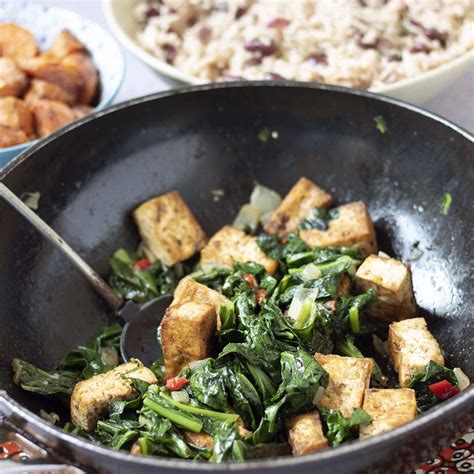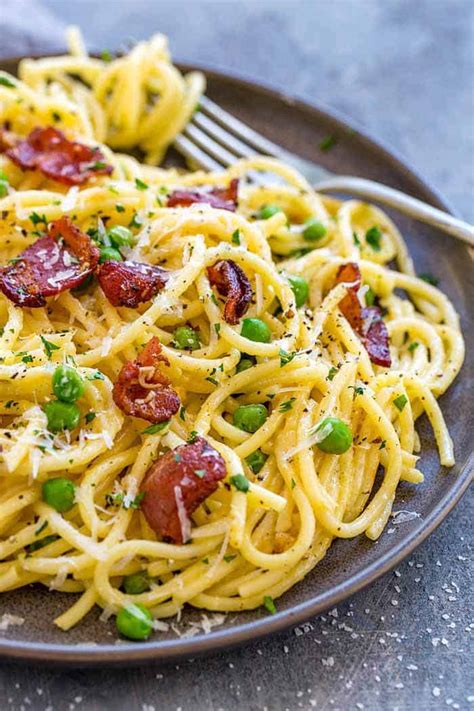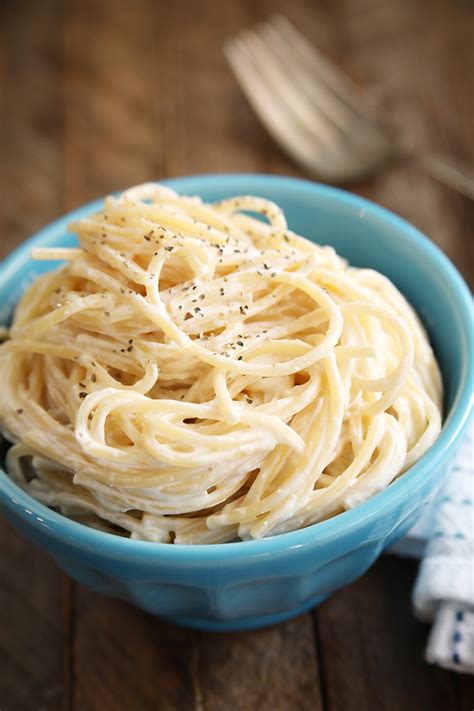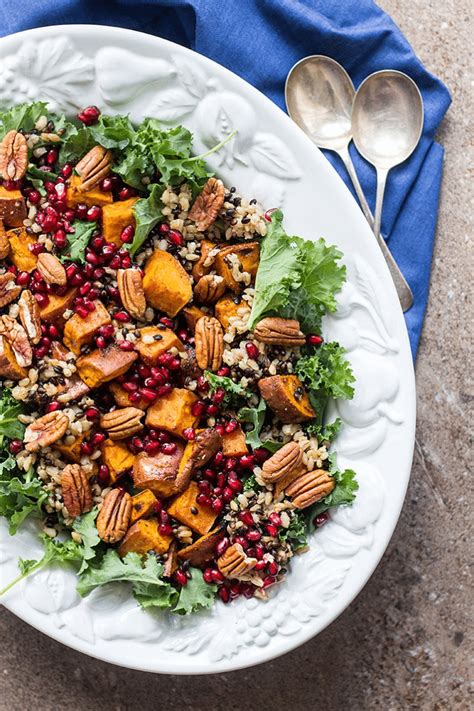Explore the vibrant flavors of Caribbean Vegan Cuisine, from key ingredients to adapting traditional dishes and creating delicious desserts with Caribbean flair. A must-read for plant-based food enthusiasts!
Introduction to Caribbean Vegan Cuisine
Contents
When people think of Caribbean cuisine, they often envision dishes full of rich flavors, bold spices, and delicious tropical fruits. However, many traditional Caribbean recipes are not vegan-friendly, as they often contain meat and dairy products. In recent years, there has been a growing interest in creating vegan versions of these classic dishes, allowing people to enjoy the vibrant flavors of the Caribbean while still following a plant-based diet.
One of the key elements of Caribbean vegan cuisine is utilizing a variety of fresh fruits and vegetables that are abundant in the region. From ripe bananas and mangoes to flavorful plantains and ackee, the Caribbean offers a wide array of colorful and nutritious ingredients that form the foundation of plant-based cooking in the region.
Additionally, Caribbean vegan cuisine incorporates a diverse range of spices and flavors that contribute to the unique taste of the dishes. Traditional seasonings such as allspice, thyme, scotch bonnet peppers, and curry powder are used to create aromatic and zesty flavors that are synonymous with Caribbean cuisine.
Adapting traditional Caribbean dishes to vegan involves finding creative ways to replace meat and dairy products without sacrificing the essence of the dish. By using ingredients such as plant-based proteins, coconut milk, and vegetable broths, it is possible to recreate Caribbean favorites in a vegan-friendly manner.
Embarking on a journey into the world of Caribbean vegan cuisine opens up a world of vibrant flavors, enticing aromas, and colorful dishes that showcase the rich culinary heritage of the Caribbean. By embracing plant-based cooking and incorporating Caribbean ingredients and techniques, individuals can experience the excitement and satisfaction of creating delicious vegan meals with a Caribbean flair.
Key Ingredients in Caribbean Plant-Based Cooking
When it comes to creating delicious plant-based dishes with a Caribbean flair, there are several key ingredients that are essential for achieving the unique flavors and textures of this cuisine.
One of the most important ingredients in Caribbean plant-based cooking is coconut milk. This rich and creamy liquid is used in many traditional Caribbean dishes to add a subtle sweetness and luxurious mouthfeel. Whether it’s in a savory curry or a sweet dessert, coconut milk is a versatile ingredient that can easily be substituted for dairy in vegan recipes.
Another essential ingredient is ackee. This unique fruit is native to the Caribbean and is a key component of the traditional Jamaican dish, ackee and saltfish. While ackee is not always easy to find outside of the Caribbean, it can be sourced in specialty stores or substituted with alternatives like tofu to create a similar texture and flavor in plant-based dishes.
Plantains are also a staple in Caribbean cuisine, providing a starchy and sweet element to many dishes. Whether they’re fried, boiled, or mashed, plantains add a distinctive Caribbean flavor and texture to vegan recipes.
Finally, scotch bonnet peppers are an essential ingredient in Caribbean plant-based cooking, adding a fiery kick to many dishes. While they can be incredibly spicy, the unique fruity flavor of scotch bonnet peppers is a key component of Caribbean cuisine and can be used in moderation to add heat and complexity to plant-based dishes.
Adapting Traditional Caribbean Dishes to Vegan
When it comes to adapting traditional Caribbean dishes to vegan, it’s important to consider the flavors and textures that make these dishes unique. Many classic Caribbean dishes are centered around meat and seafood, but with a few simple substitutions and creative ingredient swaps, it’s possible to create delicious plant-based versions of these beloved meals.
One key ingredient in traditional Caribbean cooking is coconut milk, which is often used to create rich and creamy sauces. In vegan cooking, coconut milk can easily replace dairy in recipes like curries and stews, providing the same luxurious texture without the need for animal products.
Another important aspect of Caribbean cuisine is the use of fresh fruits and vegetables. By incorporating a variety of colorful produce, such as mangoes, papayas, plantains, and bell peppers, vegan versions of Caribbean dishes can still boast the vibrant flavors and eye-catching presentation that make this cuisine so appealing.
One of the biggest challenges in adapting traditional Caribbean dishes to vegan is finding suitable replacements for meat and seafood. However, with the growing availability of plant-based protein options, such as seitan, tofu, and jackfruit, it’s becoming easier than ever to replicate the taste and texture of animal-based ingredients in vegan cooking.
In conclusion, by taking advantage of the diverse flavors and ingredients used in traditional Caribbean cuisine, it’s possible to create a wide range of delicious vegan dishes that pay homage to the culinary heritage of the region.
Spices and Flavors in Vegan Caribbean Cooking
When it comes to vegan Caribbean cooking, spices and flavors play a crucial role in adding depth and complexity to plant-based dishes. The vibrant and diverse culinary traditions of the Caribbean are heavily influenced by the region’s history of colonization and immigration, resulting in a wide array of unique and aromatic spices. From bold and fiery to sweet and fragrant, Caribbean spices add a distinctive flair to vegan dishes, making them a feast for the senses.
One of the most essential spices in Caribbean cooking is allspice, also known as pimento. This warming spice is reminiscent of a combination of cloves, cinnamon, and nutmeg, adding a rich and earthy flavor to savory stews, soups, and curries. Scotch bonnet peppers are another staple ingredient that adds not only heat but also a unique fruity flavor to Caribbean dishes. These fiery peppers are often used to make hot sauces and marinades, infusing vegan dishes with a spicy kick.
Additionally, ginger and garlic are frequently used to add depth and pungency to Caribbean cooking. These aromatic ingredients are often combined with other spices to create flavorful marinades and seasonings for grilled vegetables, tofu, or plant-based meat substitutes. Alongside these spices, thyme and coriander are also widely used in Caribbean cuisine, imparting a fresh and herby taste to dishes.
Furthermore, the use of spice blends such as curry powder and garam masala reflects the Indian influence on Caribbean cooking, showcasing an amalgamation of flavors from various cultures. These fragrant spice blends are often employed to season beans, lentils, and vegetables, creating aromatic and savory vegan dishes with a hint of exotic flair.
Overall, the plethora of spices and flavors in vegan Caribbean cooking allows for an endless array of delectable culinary creations. Whether it’s the warmth of allspice, the heat of Scotch bonnet peppers, or the complexity of spice blends, these ingredients add depth and character to plant-based dishes, making them a celebration of Caribbean culture and flavor.
Creating Delicious Vegan Desserts with Caribbean Flair
When it comes to creating delicious vegan desserts with Caribbean flair, there are certain key ingredients and flavors that can help elevate your plant-based treats to a whole new level. Whether you’re a fan of traditional Caribbean sweets or are looking to put a unique twist on your vegan desserts, there are plenty of options to explore.
Coconut, for example, is a staple ingredient in Caribbean cuisine and can be used in a variety of vegan desserts to add a delicious hint of tropical flavor. Whether you’re making coconut-based cakes, cookies, or puddings, this versatile ingredient can lend a rich and creamy texture to your treats.
Another essential element of Caribbean-inspired vegan desserts is the use of fresh fruits such as mangoes, pineapples, and passion fruit. These fruits not only add natural sweetness to your desserts but also provide a burst of vibrant colors and flavors that are characteristic of Caribbean cuisine.
When it comes to sweeteners, agave nectar, date syrup, and coconut sugar are popular choices in vegan Caribbean cooking. These natural sweeteners not only add sweetness to your desserts but also provide a distinct flavor profile that complements the tropical ingredients commonly used in Caribbean-inspired treats.
Lastly, don’t be afraid to experiment with traditional Caribbean spices such as cinnamon, nutmeg, and allspice in your vegan dessert recipes. These warm and aromatic spices can add depth and complexity to your treats, giving them that unmistakable Caribbean flair.











